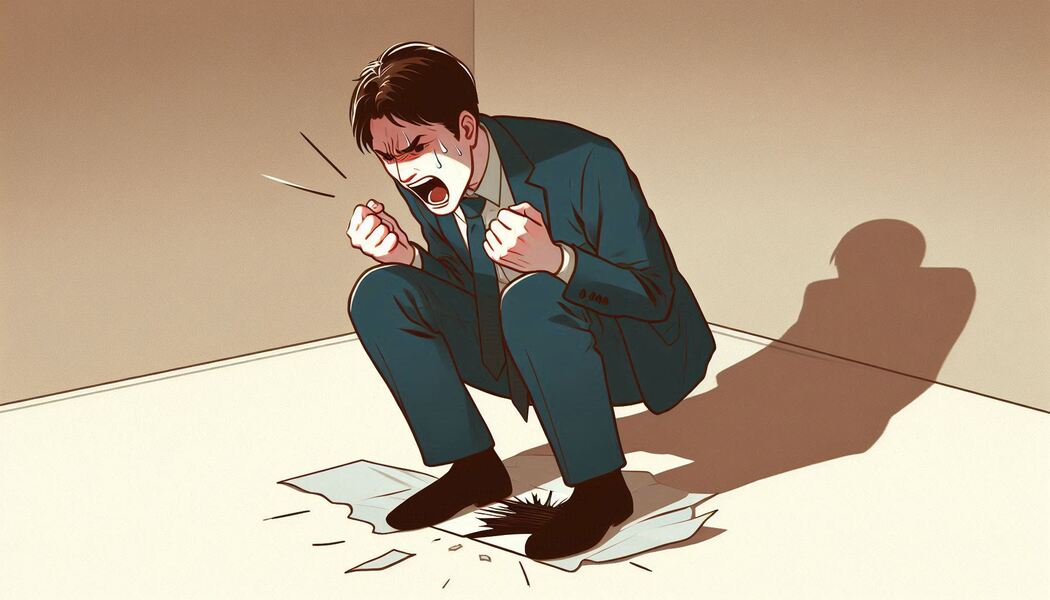Psychologist Erik Erikson discussed the stages of psychosocial development that each person goes through. At each stage, specific needs must be met. If those needs aren’t met, a person gets psychologically ‘stuck’ or arrested in that stage. According to Erikson, unresolved developmental tasks leave a life-long residue of emotional immaturity.
As a result, many people’s mental and emotional age doesn’t match their chronological age. As adults, they still have traits and responses characteristic of an earlier stage of development. Development can be arrested cognitively, emotionally, and behaviorally.1Dye, H. (2018). The impact and long-term effects of childhood trauma. Journal of Human Behavior in the Social Environment, 28(3), 381-392.
Arrested emotional development occurs when a person is immature in expressing and handling their emotions. It’s when adults are adults physically but emotionally, they are no better than children. For example, throwing tantrums is typical childish behavior, and adults who do it are seen as immature.
What causes arrested emotional development?
Mainly early childhood trauma. Children need love, trust, and emotional safety to proceed to subsequent stages of psychosocial development. When those needs are unmet because of emotional neglect or abuse, they feel unsafe, enter survival mode, and their development gets arrested.2Riggs, S. A. (2019). Childhood emotional abuse and the attachment system across the life cycle: What theory and research tell us. In The effect of childhood emotional maltreatment on later intimate relationships (pp. 5-51). Routledge. They develop emotional responses that help them cope with the trauma, but later in life, those same responses make them insecure and emotionally stunted.
Emotional intelligence is essential for success in all areas of life, especially relationships. When you can’t healthily deal with your emotions, you suffer in numerous ways. When you are emotionally intelligent, the quality of your life, especially your social interactions, increases significantly.3Lopes, P. N., Salovey, P., Côté, S., Beers, M., & Petty, R. E. (2005). Emotion regulation abilities and the quality of social interaction. Emotion, 5(1), 113.
If you think you have arrested emotional development, I suggest noticing situations and contexts in which you get triggered, and your inner wounded child emerges- situations that make you behave irrationally and childishly.
Arrested emotional development signs
A. Emotional dysregulation
- Difficulty managing emotions
- Overreacting to real or perceived criticism
- Frequent emotional outbursts
- Constant conflict and uncertainty
B. Interpersonal difficulties
- Unable to maintain meaningful and healthy relationships
- Difficulty understanding the feelings of others
- Difficulty trusting others
- Avoiding risks
- Lack of reciprocity in relationships
C. Dependency
- Constantly needing validation from others
- Over-reliance on others for reassurance and support
- Need for continuous encouragement
D. Emotional immaturity
- Constant emotional instability and unpredictability
- Unhealthy and immature coping mechanisms to deal with stress
- Avoiding self-reflection
- Resisting healing emotional wounds
E. Negative emotions
- Constant anxiety and worry
- Hypervigilance
- Impatience and a short temper
- Passive-aggressive behaviors
F. Self-centeredness
- Controlling and dominating others
- Manipulating others

